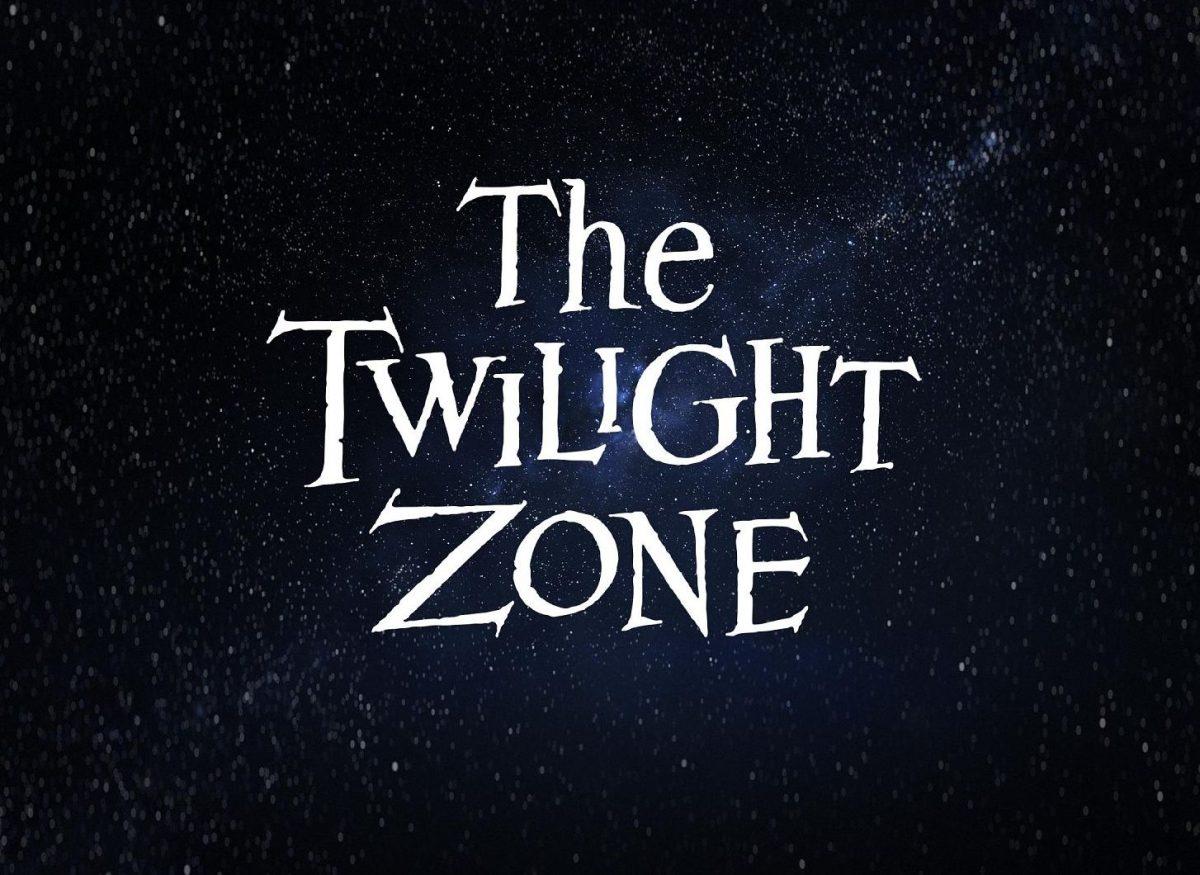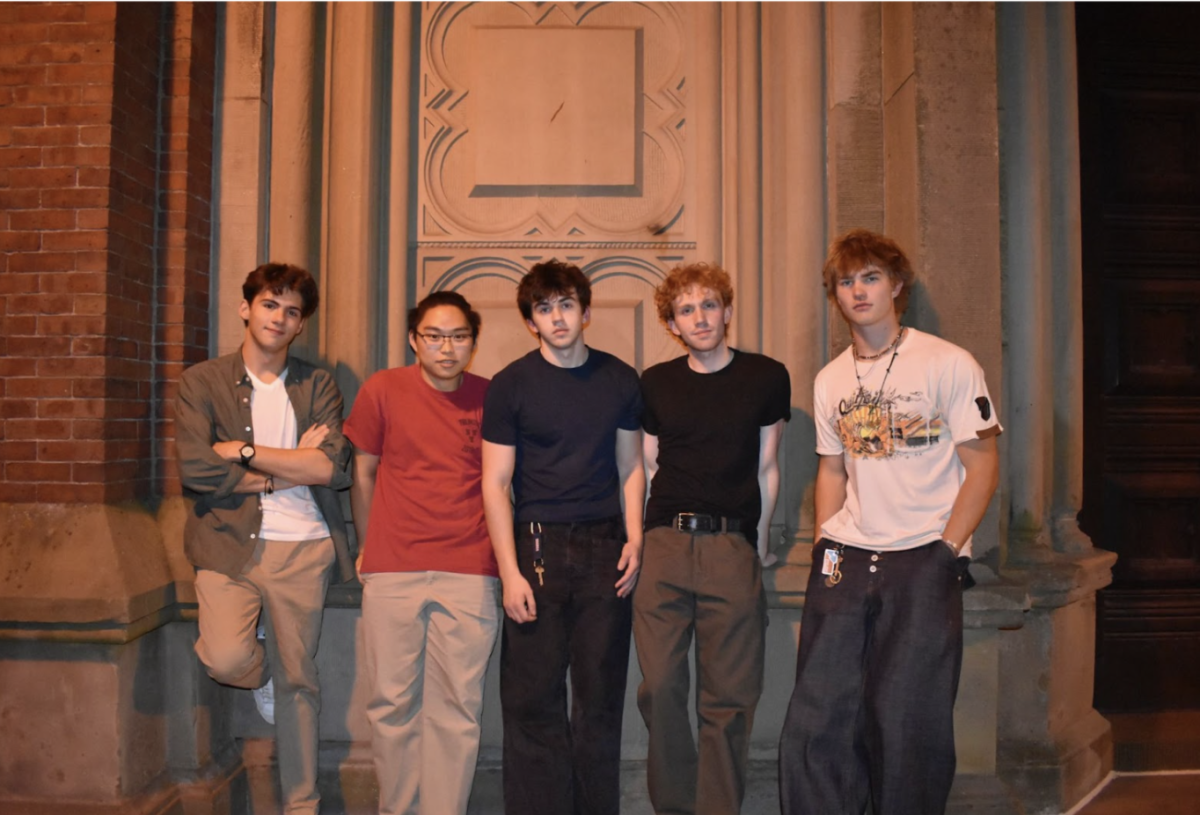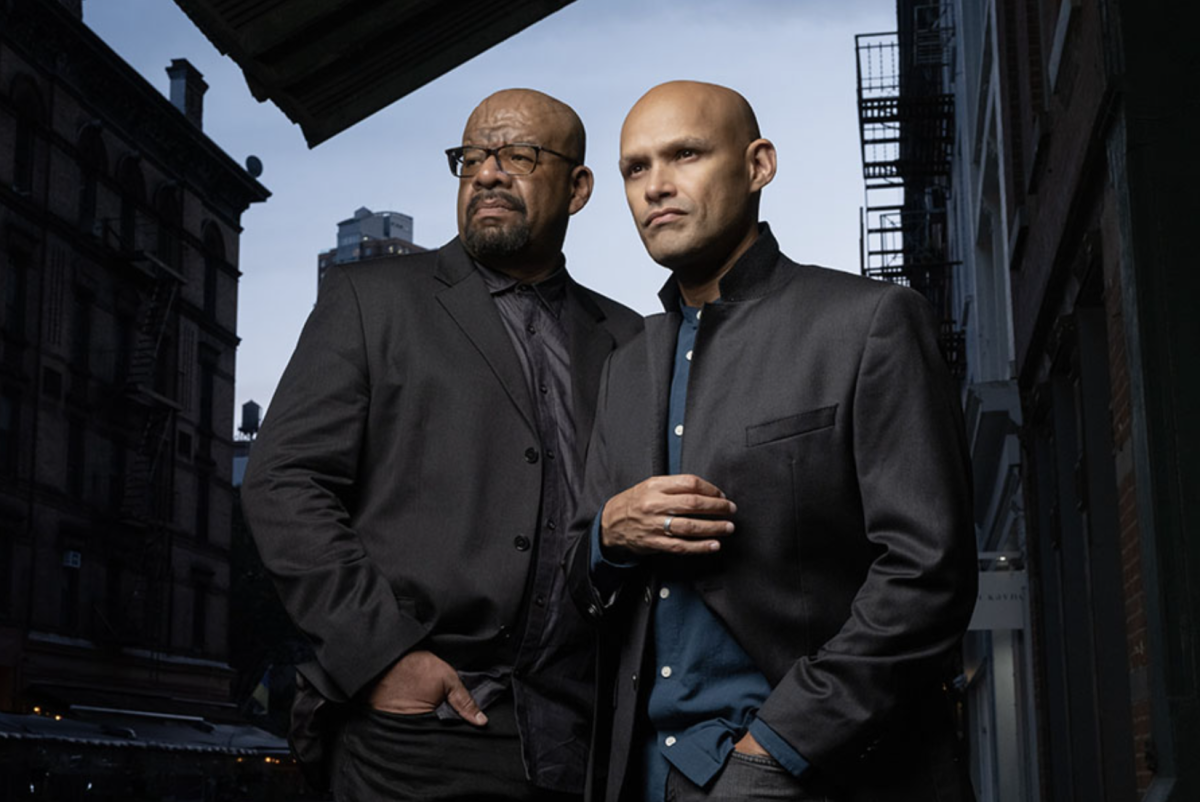During this year’s desperately boring Super Bowl, one commercial shined bright amongst all the rest, outshining even the game itself. The commercial was presented as a glitch in the coverage of the game and featured an eerie voice-over questioning the perception of reality. The spot finally ended in the disappearance of the new host, Jordan Peele, through the famous white door from the opening sequence of the original show with the iconic theme song intensifying. This commercial revealed that writer/director of 2017’s “Get Out,” Jordan Peele, will be hosting and narrating the latest reboot of “The Twilight Zone,” a sci-fi anthology series that originally ran from 1959 to 1964. Peele will be carrying on the legacy of Rod Serling, the original host and narrator of the show, into the latest era of television.
Peele will not only serve as the host and narrator, but will also be a member of the creative team, serving as an executive producer on the project. Peele has even stated in one interview that he sees himself as “the gatekeeper of ‘The Twilight Zone’” in that he considers himself responsible for “protecting” the iconic show’s twist endings and strong moral messages going forward. Peele, who expertly bridged the gaps between dark comedy, horror and social commentary with the highly successful “Get Out” will help to establish the “social thriller” genre further, possibly using the reboot of “The Twilight Zone” as a vehicle to do so. In fact, “Get Out” popularized the “social thriller” and set it apart from other genres in a way that had not been done before. When looking back, the original “The Twilight Zone” can be considered a “social thriller” but, the genre had not yet been placed into mainstream media consciousness. Peele argues that Rod Serling was an “uncompromising visionary” who explored social issues of the 50s and 60s and predicted social issues of the modern era. The “social thriller” is defined as highlighting oppression in society through the use of horror elements. Considering “Get Out”’s intricately woven storyline concerning racial alienation in the “post-racism” era and the social commentary base of “The Twilight Zone,” Jordan Peele has the potential to join other masters of horror like Guillermo del Toro, Wes Craven, Stephen King and others in the modern cinematic sphere.
Jordan Peele is no stranger to the parallels between his own work and “The Twilight Zone” as he cites many instances where he drew on themes from the original series to inspire his own films. Even his upcoming film “Us,” which features a family being tormented by their own doppelgangers, draws inspiration from an episode of the original “The Twilight Zone” series called “Mirror Image.” In an interview with Entertainment Weekly, Peele stated that the film will toy with the idea that we are our own worst enemies and the duality in ourselves and within the characters. The idea of duality plays perfectly into the theory some fans have that the two sets of families represent the two aspects of human nature, the one that is “social acceptable” and the other that embodies what needs to be repressed in order to “fit in”. Additionally, the film is being produced in conjunction with Blumhouse, who are known for their low-budget, high-yield horror/thriller films.
Peele has shown his dedication to the creation of horror films that matter by pushing a more meaningful message than most other horror films forward in each of them. He even created a collection of filmic research for the cast of his latest project to create a “shared language” of horror films. “The Babadook” and “It Follows,” two more recent indie films that explore grief and the stigmatization of sexually transmitted infections, respectively, were included on this list. Peele’s interaction with the horror genre in both television and film is an exciting prospect considering the meaning that he wants these films to hold. “The Twilight Zone” and its roots in social commentary and the hidden messages in “Us,” out in theaters in March, prove that Peele might have stumbled upon a genre that has not yet been able to stand separate from the film noir and horror genres. Peele’s films consider more uncanny and existential themes of horror designed to fill audiences with feelings of dread and uneasiness. This, combined with the scrutinization of the nature of mankind through the medium of film — often considered a universal language in its own right — can prove to be something that is quite unprecedented.




